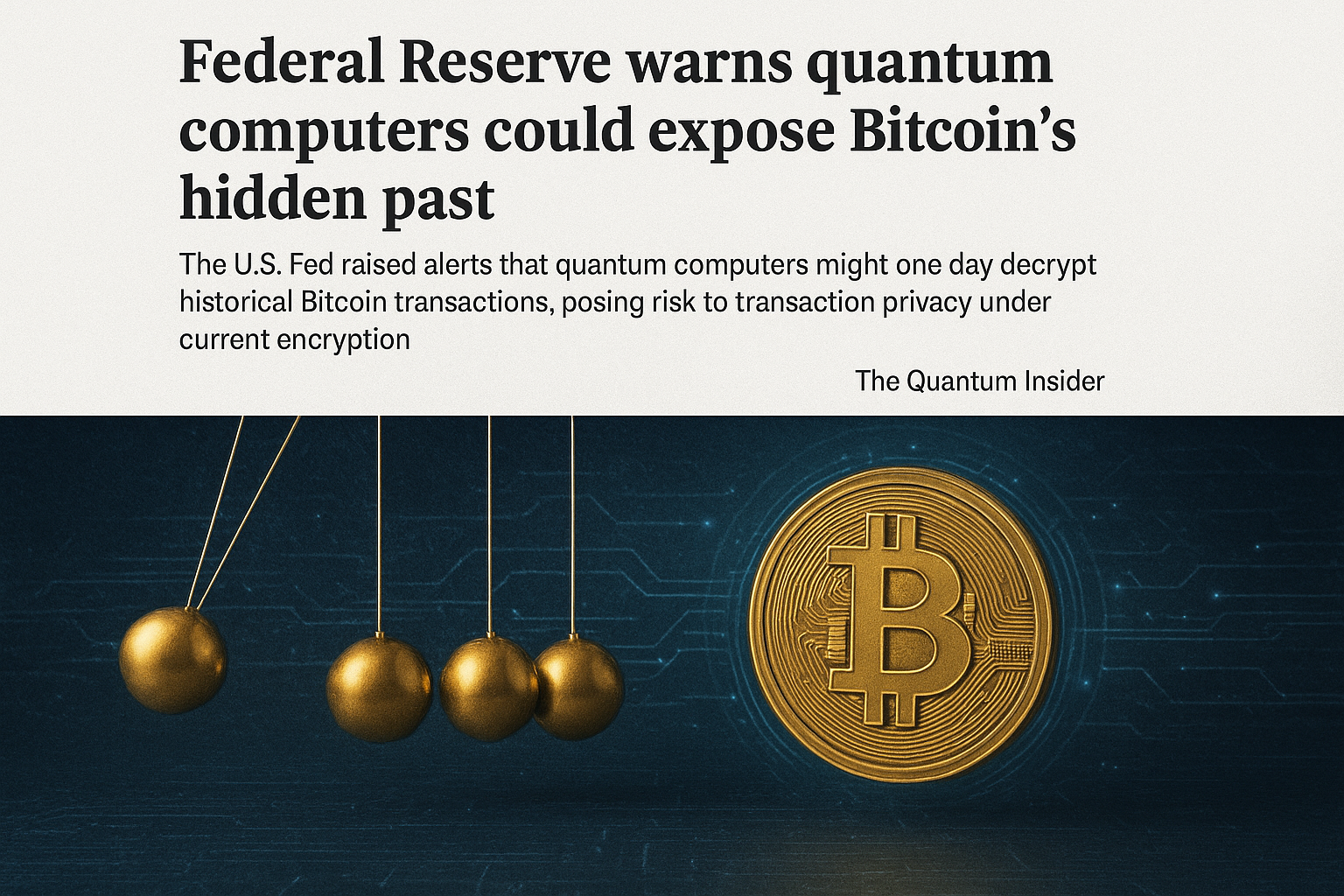The fusion of artificial intelligence and blockchain continues to push boundaries—this time in the realm of digital asset management. Avery Ching, co-founder and CTO of Aptos Labs, recently shared a compelling vision: AI agents that autonomously manage users’ tokenized assets.
This vision goes beyond passive data analytics. We’re talking about self-learning digital assistants actively optimizing your crypto portfolio, yield strategies, and on-chain operations—all while you sleep.
What Are AI Agents in This Context?
AI agents are autonomous software programs capable of making decisions and executing actions based on data, rules, and real-time market conditions. In the context of tokenized assets, these agents could take on roles such as:
-
Automatically staking or unstaking crypto based on gas fees or APR trends.
-
Rebalancing portfolios across different chains.
-
Executing trades or hedges based on predictive analytics and risk thresholds.
Unlike current trading bots, AI agents would use advanced machine learning to adapt to market changes, personal preferences, and external events—becoming smarter over time.
Why Tokenization Is the Ideal Playground
Tokenized assets—real estate, stocks, collectibles, or even carbon credits—are programmable and interoperable. This makes them ideal for automation via smart contracts and AI logic. For example, an AI agent could manage a portfolio of tokenized commercial buildings and reallocate funds based on occupancy data, ESG ratings, and local climate policies.
In effect, this creates the possibility of having an always-on financial manager running on-chain.
The Benefits of AI-Powered Asset Management
-
Efficiency: AI can process data and execute tasks faster than any human.
-
Cost reduction: Reduces the need for traditional fund managers or advisors.
-
Accessibility: Democratizes wealth management by offering intelligent tools to everyday users.
-
Risk mitigation: AI agents can monitor for fraud, liquidity risk, and even early signs of market crashes.
Challenges and Considerations
There are real concerns to address:
-
Transparency: How do we ensure users can audit decisions made by their AI?
-
Security: Malicious actors could manipulate AI behavior or train it with biased data.
-
Regulation: What legal framework governs autonomous financial agents managing assets?
Blockchain may help here—its traceable, immutable nature could enforce transparency and accountability for AI agents.
A Glimpse into the Future
Aptos isn’t alone in this vision. Several DeFi protocols and Web3 startups are already experimenting with AI-powered asset routers, yield optimizers, and tax planners. As AI models improve and LLMs grow more integrated into smart contract logic, fully autonomous on-chain assistants could become the norm.
Think of a future where your AI knows your goals, monitors global events, and reallocates your investments—all while being 100% programmable and trustless.
The rise of AI agents managing tokenized assets represents a radical shift in finance—toward automation, personalization, and scale. It’s not just about replacing fund managers; it’s about creating a decentralized, intelligent financial ecosystem built for everyone.




